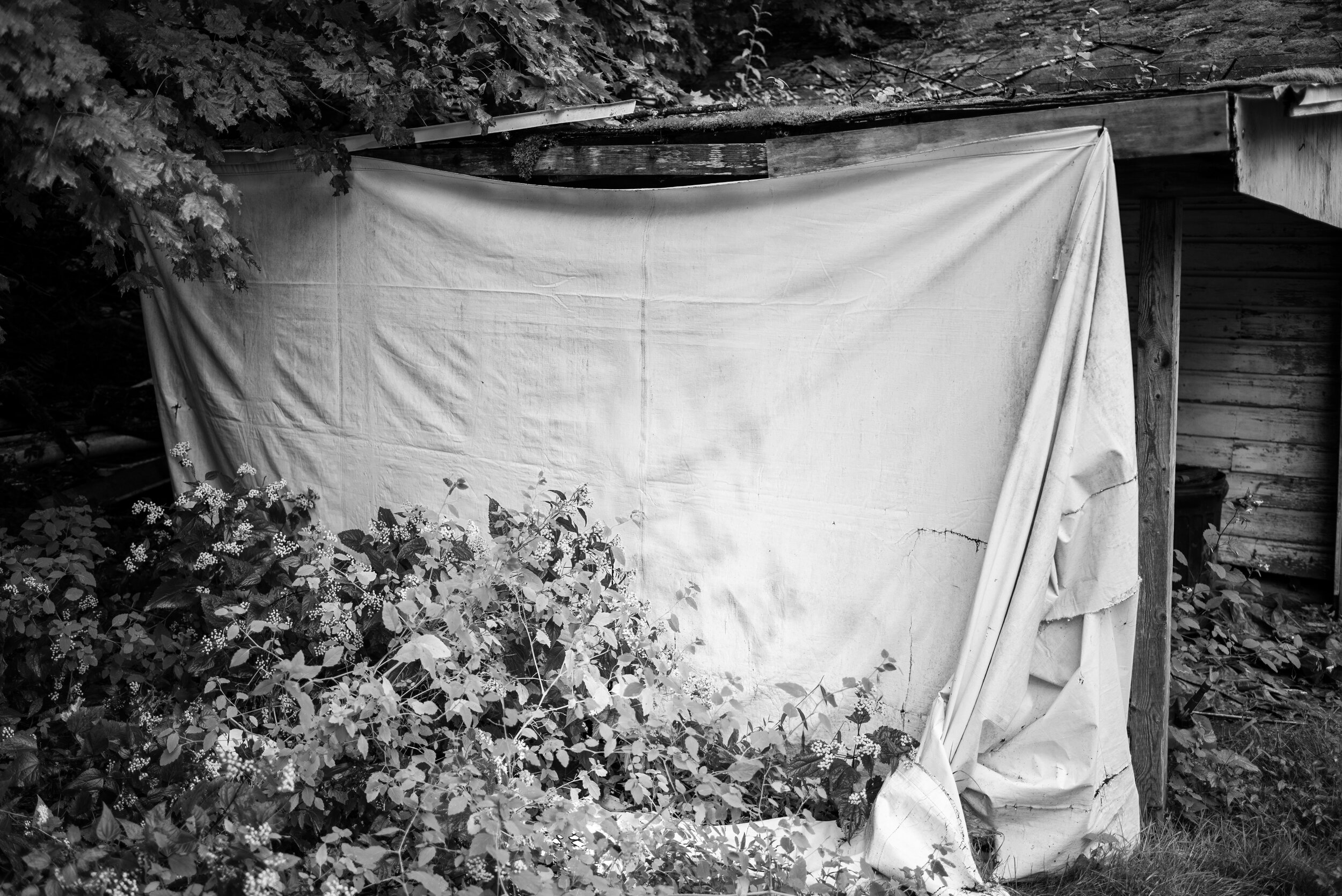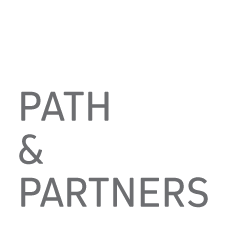Path & Partners offers Holistic Support
at the intersection of Mind, Body, and Spirituality
Currently providing online sessions from
Philadelphia, PA and the Catskill Mountains, NY

We are so much more than we could ever imagine.
Working Together
Internally, we already have everything we need. So, why don’t we feel like it? Through our dynamic sessions we’ll examine the dimensions of life that are causing conflict and pain.
Our work will draw from contemporary science, academia, and a range of ancient wisdom traditions we will work together to begin to uncover the roots of our suffering. Once we have an understanding of these sources, we can begin restoring the natural harmony between our inner and outer lives. Through continued mutual awareness and acceptance, we’ll learn to integrate whatever complex feelings arise into our fundamental state of wellbeing.
But first, we have to do something that can seem very difficult: We have to ask for help.

The only thing we’re avoiding is letting go of
our suffering.
Guiding Principles
Facilitating a holistic path for self-actualization.
Providing an interdisciplinary approach rooted in traditional forms of analysis, coaching, and mindfulness.
Encouraging inner experiential development as a vehicle for meaningful outer change and overall harmony.
Recognizing the need for sustainability within the context of interpersonal growth.

What’s the difference between what’s happening and what we think is happening?
What is Holistic Support?
Problem Resolving
When your car breaks down, you bring it to the mechanic. If you get sick, you see a doctor. Need bread? Go to the store. The whole world is at our fingertips.
No problem, right?
We’ve gotten really good at providing short-term solutions to relatively superficial problems. But what if the problems at hand aren’t so simple? What if our feeling aren’t so easily categorized?
A Bigger Picture
Dividing our experiences into separate areas can seem natural to us. We often treat our mind, our bodies, and even our sense of spirituality, as distinct realms in their own right. Approaching problems according to their type, and then applying relevant tools to contain the problem, seems like common sense.
While this type of problem solving can be effective in certain situations, it can be equally counter-productive by painting an incomplete, fundamentally inaccurate picture of who we actually are. By fragmenting ourselves in this way, we essentially rob ourselves of our intuitive ability to use, and heal, our whole being.
To heal the whole person, we need to use the whole person. Not just the convenient parts.
Closing Gaps
We’ve all learned there is more to our reality than what we can see and touch. However, we also have in us a deeper sense that doesn’t rely on the material. This process focuses on the practical application of counseling and coaching at the intersection of mind, body, and spirituality.
Using an open framework of contemporary science, academia, and a range of ancient wisdom traditions, we are able to provide an effective ground in which to address the needs of our rapidly changing world.
Why Are We Here?
Through this fundamentally holistic perspective we can begin to see a constant calm in the midst of harsh storms. By recognizing and understanding this root, we will be able to translate our inner journeys into external change with greater ease and consistency.
Our work begins from a fundamental perspective of connectivity and completeness. We look at, and accept, all the dimensions of our lives. By leaving nothing out, we are free to begin the process of bringing our unnaturally fragmented lives back into their ordinary state of harmony.

Whose idea of a life have we been trying to live?
Areas of Exploration
Just as no two people are alike, one technique does not fit all. Each client is met where they are. From this place of mutual understanding, we can apply a matrix of complimentary cutting-edge western techniques and ancient eastern wisdom traditions.
Depression & Anxiety
This swing of the pendulum between up and down can appear in different ways. By resisting the urge to force the pendulum one direction or another, we’ll begin to develop stability and confidence. So how does that work when the ground beneath us is always moving?
Relationships
Directly or indirectly, there is nothing we are not in some kind of relationship with. From personal to professional, improving our relationship with ourselves is the first step in living in harmony with others. But despite our best intentions, things keep falling apart. How are we in a relationship with our own suffering?
Spirituality & Modern Life
The sacred and profane only seem to be in conflict because we believe things are either one or the other. Attempting to reconcile faith with the pain and distractions we encounter everyday can be discouraging. How can we use these obstacles along the path to create inspiration rather than confusion?
Creative Professionals
Nearly all of us aspire to be more creative in our work. However, if your income is dependent on daily creative output, the tension between art & commerce can become debilitating over time. If we don’t learn how to address this stress, it will find far more destructive ways of manifesting itself. How can we use this inevitable conflict as a positive force in our lives?
Trauma
Nothing stays buried forever. While the past is past, we are still intimately connected with those past actions, and their consequences, in this very moment. If the tremendous emotional and physical stress of a traumatic event is not adequately met, understood, and integrated, it will only fester and continuously reappear in unexpected ways. What happens when we open the doors and let the demons in?
Addiction Spectrum
Not having enough, or having too much–the line between habit and addiction can be subjective and evolving. Regardless of the dynamic, we’ll work to address the root of the disruptive dependence while understanding the physiological foundation of substance use disorders. To overcome these habits, we’ll draw on our innate strengths while learning to be comfortable with our discomfort. What can we gain by making peace with our desires?
Practical Influences
Coaching
Emotionally Focused
Dream Work
Humanistic
Integrative
I Ching
Person-Centered
Positive Psychology
Psychoanalytic / Psychodynamic
Tonglen
Qigong
Mindfulness

If we haven’t found what we’re looking for, it’s not because it doesn’t exist.
It’s because we’ve been looking in the wrong places.
First Steps
1. Reaching Out
You’ve gotten this far. That’s a pretty big deal. Despite everything you’ve been through, you’re open to living a more fulfilling life. You’re opening up to change. Now everything is possible. Well done.
3. Path
In our following sessions, we’ll begin to explore your aspirations and fears. This will inform the best course of work. Regardless of the techniques utilized, we recognize a mutual commitment is necessary in order be successful.
2. Consultation
This is an opportunity for us to meet. Together, we’ll get a sense of the landscape of your life. From this vantage point, we will identify areas you like, areas you don’t like, and areas you’d like to explore.
4. Development
We meet regularly according to our six-week commitment. As our work deepens and your life changes, old conflicts will transform into new opportunities. How do we maintain this progress while navigating an evolving landscape?

Meet Ian Falcon
After growing up in Jakarta, Indonesia, Ian Falcon studied philosophy at Emory University and psychoanalysis at Emory’s Psychoanalytic Institute with Dr. Steven Levy. Most recently, Ian has studied positive psychology at the University of Pennsylvania, and substance use disorders through Yale University.
In addition to years of experience as a counselor, coach, and mentor, Ian spent two years living at Zen Mountain Monastery developing mindfulness-based practices for healing and wellness with Dr. Mark Finn. Since then, he has trained and worked at Karma Triyana Dharmachakra, and Menla Tibet House, the Dalai Lama’s North American Center for Tibetan Culture.
Before creating Path & Partners, Ian spent over a decade at the intersection of art and commerce as a creative director and photographer. Motivated to use advertising for good, he helped develop nationwide initiatives such as “Small Business Saturday” and “It’s On Us.”





